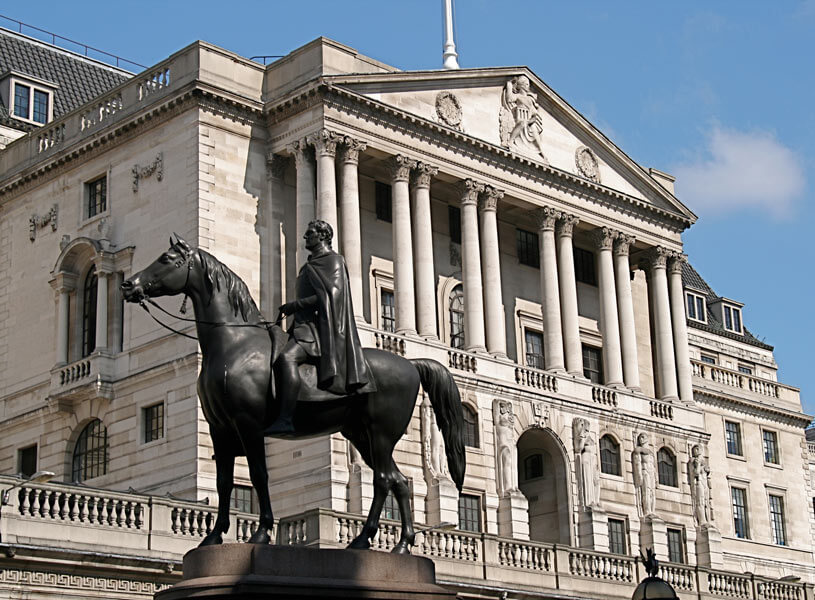Inflation has fluctuated drastically over the past few years. Energy bills and the cost of doing business soared with the Bank of England’s base rate reaching a 16-year high of 5.25 per cent.
But other than higher costs, what does inflation mean for your business? And why are the monthly CPI rates important?
What does CPI stand for?
CPI stands for Consumer Price Index. It’s a measure of the average price of the cost of goods and services in the UK and is used as an economic indicator for inflation.
What is inflation?
Inflation is a normal feature of the economy. In general, it encourages spending. If prices are expected to rise over time, consumers will buy goods now rather than wait.
But inflation can either be too low (meaning that consumers put off spending their money with businesses) or too high (meaning that businesses struggle to set prices as demand outstrips supply).
What is the current rate of inflation?
The current rate of inflation is 2.5 per cent. You can check the current rate of inflation at the Bank of England, which releases a monthly figure.
The rate of inflation measures how much prices have risen over the previous 12 months. In the UK, the Office for National Statistics (ONS) measures inflation for everyday items by using the CPI.
How is inflation related to the base rate?
To combat rising inflation, the Bank of England may increase the country’s base interest rate. This makes it more costly to borrow money, encouraging consumers to save rather than spend.
Since the financial crisis, interest rates in the UK have been low. This, in theory, encourages spending and investment.
The Bank of England has a target rate of inflation of two per cent,which it hopes to reach by increasing interest rates. It says the target rate of inflation is there for stability, helping “everyone plan for the future.”
How does inflation affect businesses?
High inflation has a knock-on effect for businesses. Higher energy costs, wages, and price of goods and services mean that businesses have more expensive everyday spending.
But if the prices you charge stay the same while the cost of everything else goes up, your business could be less profitable because of inflation.
Consider these steps to tackle inflation:
- audit your prices – a fresh break even analysis could help you work out whether price increases can lead to a better profit margins. But don’t take this decision lightly, as customers may be used to current prices
- audit your costs – similarly, take a fresh look at your expenses to see if you can reduce them. Can you cut any inefficiencies? Lean manufacturing principles may help you find ‘waste’ in your current processes
- come up with new plans and forecasts – as the world changes, your plans may need to change too. Take a look at your business plan to see whether there’s anything that needs updating. You can also create a new cash flow forecast and do a fresh budget
More useful guides for business owners
- What is business insurance?
- How to budget: a calculator and guide for the self-employed
- How to complete a profit and loss statement for your business
- How to write an invoice
Are you protecting your business?
As one of the UK’s biggest business insurance providers, we know how important it is to protect your livelihood in case something goes wrong. Why not take a look now and build a quick, tailored business insurance quote?
